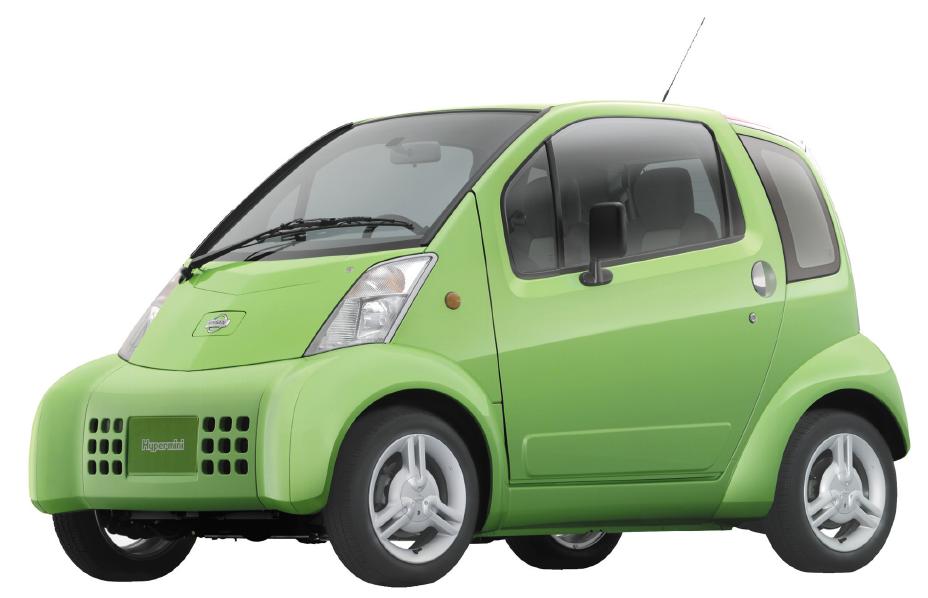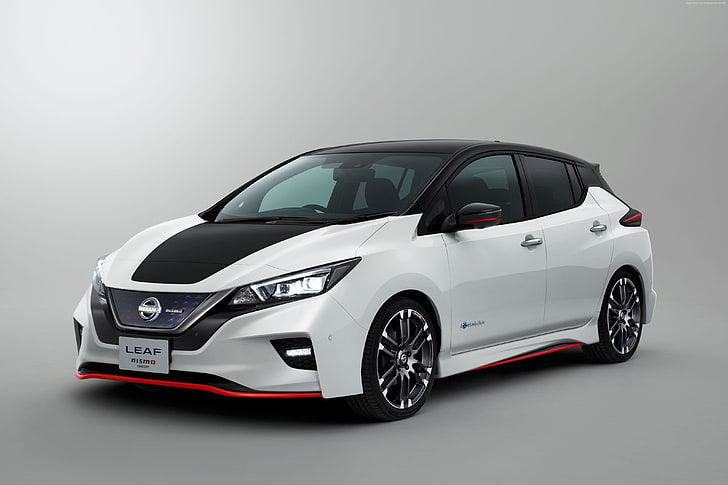Nissan is a pioneer in electric vehicles, having released its first EV, the Tama Electric Vehicle, in 1947. The Tama was a two-seater truck with a top speed of 35 km/h and a range of 96 km.
In the 1990s, Nissan began developing new EV technologies, and in 1997 it released the Prairie Joy EV, the world’s first EV with a lithium-ion battery pack. The Prairie Joy EV was a commercial success, and it helped to prove the viability of lithium-ion batteries for EVs.

In 2000, Nissan released the HyperMini, a small, ultra-compact EV. The HyperMini was ahead of its time, and it foreshadowed the popularity of small EVs today.

In 2010, Nissan released the LEAF, the world’s first mass-produced EV. The LEAF was a success, and it helped to popularize EVs around the world.
Since the release of the LEAF, Nissan has continued to innovate in the EV space. In 2017, Nissan released the e-NV200, an electric van. In 2018, Nissan released the Ariya, an electric SUV.

Nissan has also developed a number of innovative EV technologies, such as its ProPILOT Assist system, which helps drivers to stay centered in their lane and maintain a safe distance from the car in front of them.
Nissan’s commitment to EVs has helped to electrify the car industry. Nissan is now one of the leading EV manufacturers in the world, and its EVs are popular with consumers around the globe.
Nissan has electrified the car industry as the first automaker to mass-produce an EV, the LEAF. They developed a number of innovative EV technologies, such as its ProPILOT Assist system and has made EVs more affordable and accessible to consumers around the world. These ways helped to educate consumers about the benefits of EVs.
Nissan’s commitment to EVs is helping to create a more sustainable future for transportation. Nissan is playing a leading role in the electrification of the car industry, and its EVs are helping to make the world a cleaner and more livable place.







